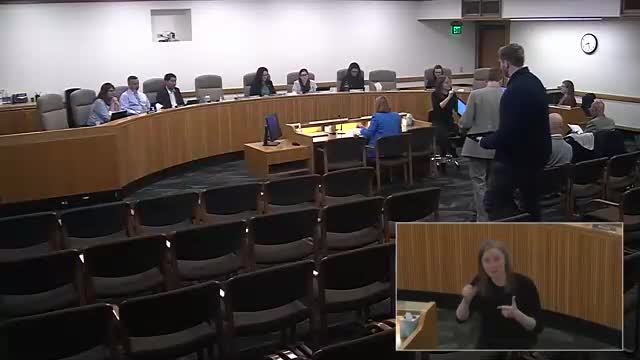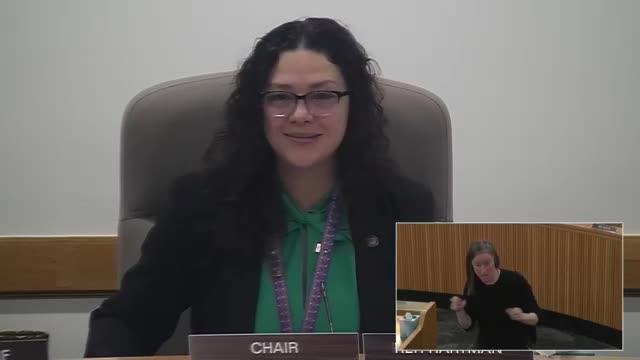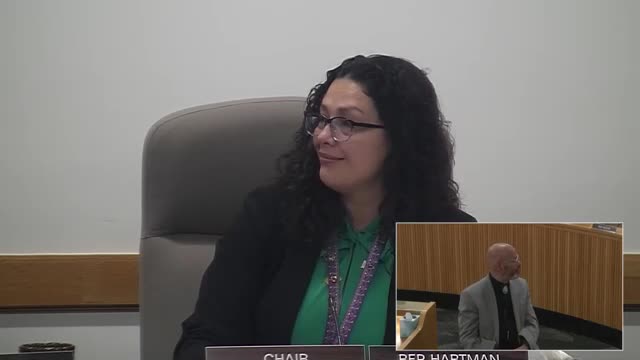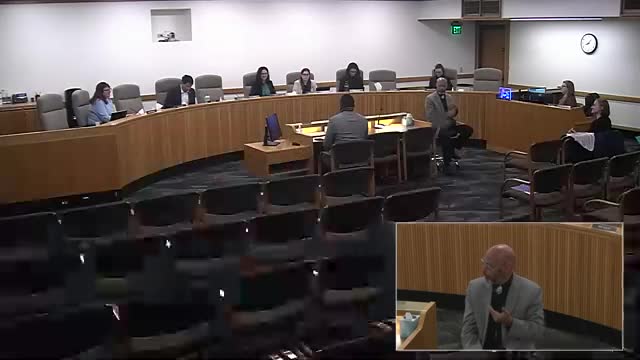Article not found
This article is no longer available. But don't worry—we've gathered other articles that discuss the same topic.

Broad coalition backs bill to expand youth homelessness funding and services statewide

Bill would direct agencies to convene stakeholders on education for youth in residential facilities

Committee introduces three legislative concepts as committee measures

